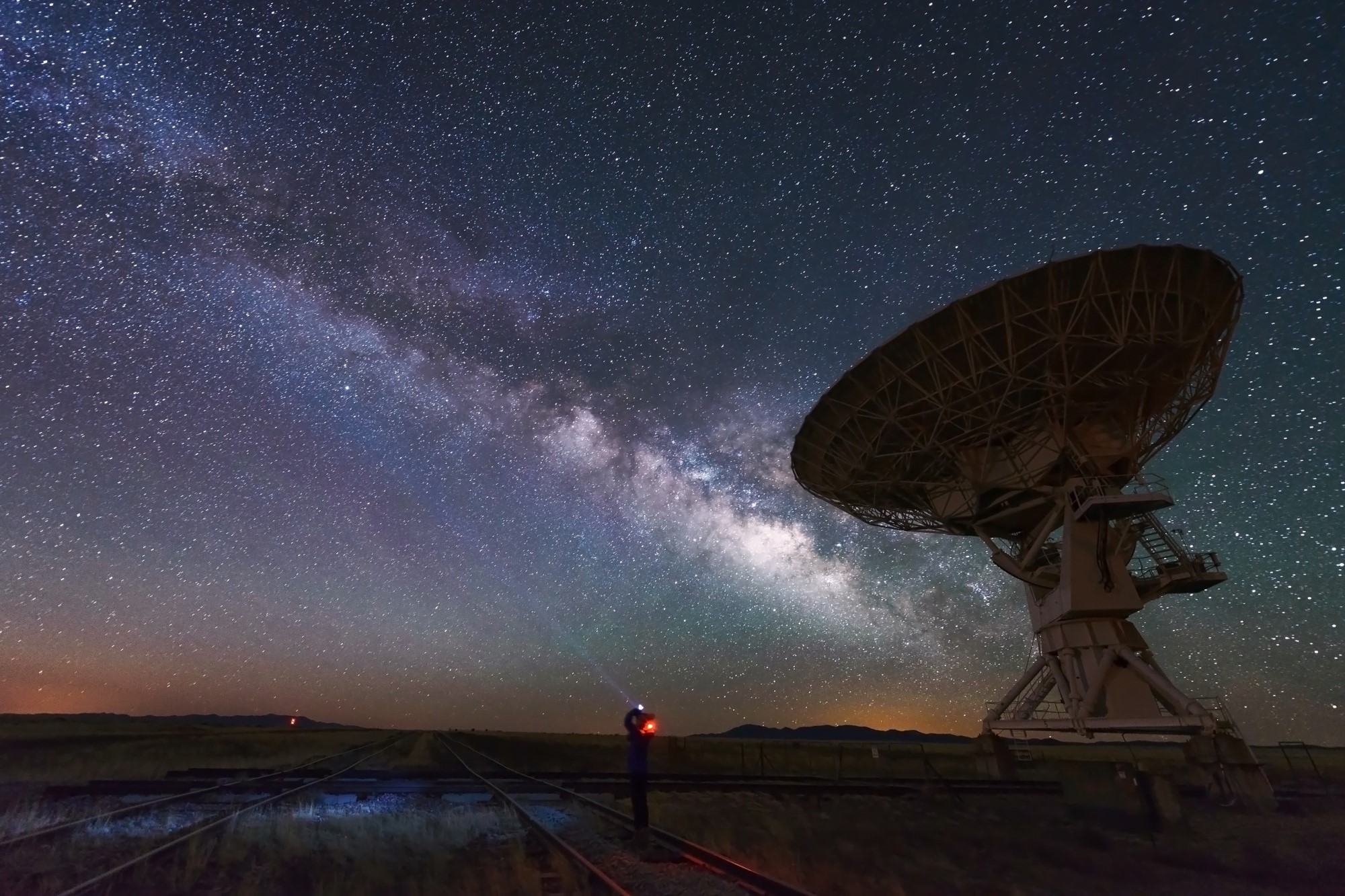Should Space Belong to Everyone?

The prospect of space mining is only becoming more likely. Not only have nations like China and Russia started making moves, but the language of the Artemis Accords leave the door very much open. Even NASA is now talking about a “lunar gold rush.”
But there’s a problem. Most treaties that govern human action beyond Earth’s atmosphere – like the Outer Space Treaty and the Moon Treaty – prohibit nations from appropriating outer space. Instead, these treaties claim that the stars belong to all of humanity. What is to be done? What is practically enforceable? Should private ownership of a shared resource be permitted? How should we address the legal gap?
The Outer Space Treaty was signed during the Cold War as the main spacefaring nations (the United States and the Soviet Union) were seeking to de-escalate things. It not only banned appropriation – as the exploration and use of outer space was to be “carried out for the benefit and in the interests of all countries” – but also banned the deployment of nuclear weapons in space as well. Likewise, the Moon Treaty makes the Moon and its resources “the common heritage of mankind.” It bans appropriation while calling for the development of an international regime to govern the exploitation of natural resources and an “equitable sharing” of those benefits. It has not been ratified by any major spacefaring nation.
The former Trump administration, for instance, stated that “the United States does not view [outer space] as a global commons” but rather seeks support for “the public and private recovery of resources.” Similarly, the 2015 Commercial Space Launch and Competitiveness Act explicitly endorses U.S. citizens engaging in the exploration and exploitation of space resources privately. (Luxembourg, Japan, Saudi Arabia, and the UAE have passed similar laws.) But this sets up an awkward gray zone in international law: nations cannot claim sovereignty, but citizens can claim exclusive right to extract resources and profit from them.
There are good reasons to want to preserve the ideal that space belongs to everyone. For starters, banning the nations from claiming sovereignty means there will be less need to protect that sovereignty with weapons. It would also prevent significant shifts in the balance of power on Earth. Nations need not jockey over a strategic position in outer space.
The collectivist approach might also curb some of the economic consequences of exploration. The private development of space promises to not only inflame national tensions, but to also exacerbate income inequality on Earth. Outlawing appropriation may curtail a “first come, first served” mentality where nations quickest to the punch reap the most benefits while other non-space faring nations are left to fend for themselves. An international regime that governs space mining may be able to distribute some of the benefits to developing nations – just as the United Nations International Seabed Authority aims to do when countries mine in international waters.
While there are good reasons to want to preserve outer space as a “common heritage” for all of humanity, it may prove very difficult in practice. Outside of mining, there are many competing (and often incompatible) ideas about how outer space should be used. How, for example, should we resolve the dispute between the Navajo, who strongly oppose leaving human remains on the Moon, and NASA, who recently facilitated a lunar memorial?
On Earth, we use the concept of private property to settle land usage issues. Those who own the land get exclusive right to say what happens on it. Clearly defining who is entitled to what avoids ambiguities. (It also makes private investment easier.) As an alternative, the Artemis Accords call for the establishment of “safety zones” where parties agree to avoid harmful interference. But these proposed zones are problematic for several reasons. Chief among these is that we lack consensus. Not all nations agree about the rules that govern space, and we have limited tools for bringing defectors into compliance.
There are also problems if we look to international deep-sea mining as a test case. The International Seabed Authority is supposed to guarantee equitable sharing of profits of deep-sea mining in international waters. In practice, however, it has been difficult to get such an international framework in place. The United States, for example, refused to ratify the treaty, and the Authority has so far not authorized any commercial mining contracts.
Unless some of the ambiguities involved in applying international law to outer space are resolved, the future looks perilous. Without a clear international order indicating who is entitled to what and how, there remains ample room for misunderstanding and conflict.




